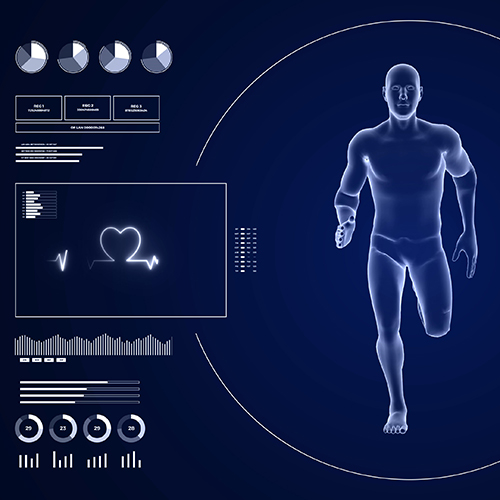2023: Haleon, a global leader in consumer health and the makers of household brands such as Panadol, Voltaren, and Advil, has released the global Haleon Pain Index, designed to give a voice to those experiencing pain. The study captures the impact of pain on individuals’ everyday lives, health, feelings, emotions, motivations, and behaviours over the previous 12 months.
A staggering 93% of Australians were found to suffer from everyday pain[1] in the last year. The impacts of pain on everyday lives vary, however, the 5th edition of the Haleon Pain Index highlights some clear patterns:
· Pain is perceived as a taboo topic: Of Australians in pain, 4 in 10 (40%) say discussing their pain is taboo and avoid drawing attention to it. The Haleon Pain Index reveals 39% fear others may make assumptions about them and their pain and 37% say they are fearful of judgement from others if they discuss their pain openly.
· Gen Z is suffering in silence: The data reveals a sharp generational divide in the way Australians experience pain, suggesting that younger rather than older patients struggle most with making their pain known. Three quarters (75%) of Gen Zs have been discriminated against due to their pain experience and 7 in 10 (70%) report their quality of life has significantly decreased due to pain.
· Pain takes a social and emotional toll: Due to the lack of open communication, many people in pain experience heightened social and emotional impacts, with 43% reporting that they feel isolated and lonely due to the impact of pain on their lives.
· Managing pain in the workplace is challenging: While the increase in psychological and social impacts of pain is affecting a greater number of aspects of an individual’s life, according to the Haleon Pain Index, 63% of Australians in paid employment admit they are less able to focus on their work when in pain and over half (53%) experience problems at work due to their pain.
· Lower quality of life due to pain: Two thirds (67%) of Australians experiencing pain have said their quality of life has significantly decreased because of their pain.
The Haleon Pain Index also found that 50% of Australians who have experienced pain in the last year reported that, from their perspective, the severity of their pain was misunderstood by their doctor; 44% said they felt their doctor did not completely realise the level of impact their pain had on their everyday life.
Interestingly, Gen Z are almost twice as likely (48%) to report they felt their pain was not taken seriously due to their age than pre-retirement Baby Boomers (28%).
Elena Pintado, Head of Pain Haleon said, “The Haleon Pain Index findings are significant to Australia’s healthcare landscape. The data shines a light on the stark reality that an overwhelming number of Australians are suffering in silence when it comes to pain. The data speaks to the urgent need for a societal shift in our approach to pain, transcending age and generation. Opening the lines of communication to ensure everyone’s pain is acknowledged, understood, and treated with compassion should be front and centre.”
Giulia Jones, CEO at Painaustralia also commented on the study, “The Haleon Pain Index findings show once again what we know that pain affects people differently, that it is a taboo topic many people feel they need to hide, and that younger people are impacted more than the society recognises. We can and must do more to bring pain out from the shadows, to allow people with pain to acknowledge it and to get the multi-faceted care they need to function the best that they can, regain their hope and to fulfil their life aspirations. We commend Haleon for this study because the better we know the problem the better we can action the solution. People with pain deserve to live well and we can achieve this.”
While pain remains a consistent and universal issue, the social and emotional impact of pain on people’s lives continues to rise. Those in pain are subject to stigma, intolerance, and loneliness, despite the boost to global health awareness in recent years.
Based on the Haleon Pain Index findings, there is a need for a more personalised and compassionate view of pain that includes more empathy but also better training for healthcare professionals on how individual pain is for different patients.
Haleon has developed the #ListenToPain campaign as part of its commitment to ensuring patients receive the optimal support for their unique pain experience. Located on Haleon Health Partner, a dedicated digital platform for Pharmacists, #ListenToPain includes a series of practical tools for better interactions, assessments, and outcomes to enable pharmacists to optimise their time with and better understand a patient’s pain experience and be able to better provide them with a treatment plan that is right for them.







